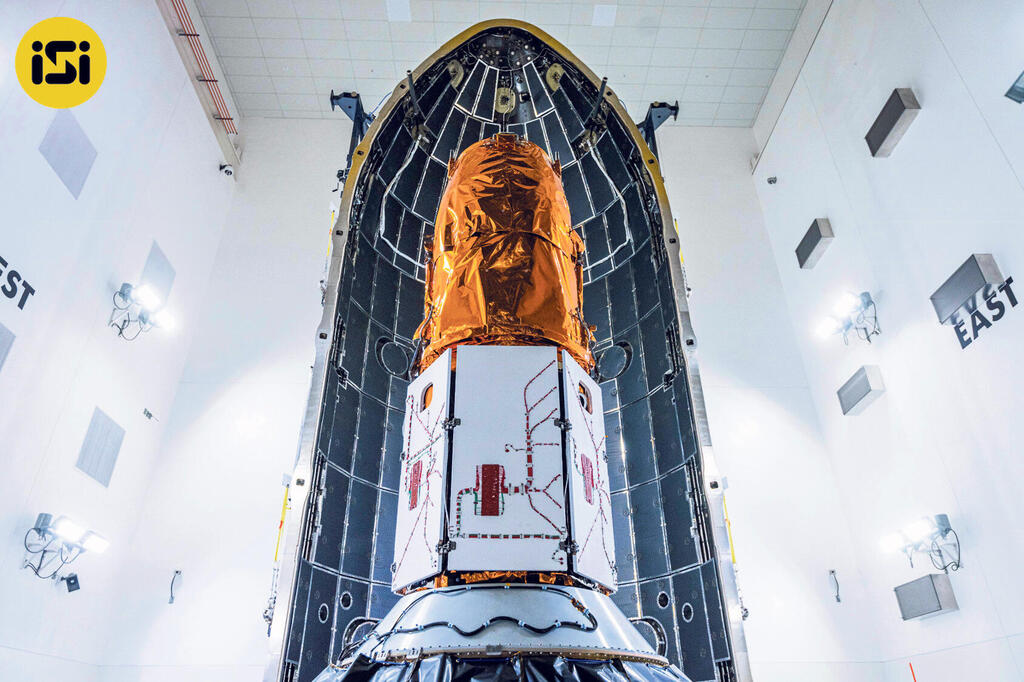
Israeli satellite industry booming thanks to geopolitical shakeup and Elon Musk
Israeli companies are experiencing a surge in demand due to the Russia-Ukraine conflict and concerns about escalation in other conflict zones
This year has been a challenging one for Israel in almost every respect, except for the defense and space industries. This is partly driven by the ongoing conflict between Russia and Ukraine, which triggered unprecedented demand for weapons, and the golden age of the space industry spearheaded by Elon Musk. The founder and owner of SpaceX reinvented the wheel by reducing launch costs for satellites and making them accessible to organizations and countries which only a few years ago couldn’t imagine activity in this realm due to the massive financial investment required.
Since the beginning of the year, Israel's space industry has launched three satellites, four if we include the one launched in December of 2022. The scale and frequency of these launches highlight the breakthrough of the Israeli space industry, led by the aerospace industry and ImageSat International (ISI).
ISI, led by CEO Noam Segal, was founded over 25 years ago by Israel Aerospace Industries (IAI) and El-Op, a subsidiary of Elbit Systems. ISI has been controlled by FIMI Opportunity Funds, since 2017, and provides satellite services to governments around the world. It has experienced a surge in demand due to the European conflict and concerns about escalation in other conflict zones. In the past nine months, ISI has launched two reconnaissance satellites.
On the last day of 2022, ISI launched the EROS-C from SpaceX's California site, using the Falcon 9 rocket capable of carrying a payload of approximately 24 tons to space and returning to Earth intact, ready for another mission. In mid-June, it launched the RUNNER-1 satellite from Vandenberg Air Force Base in California, also aboard Musk's Falcon 9 rocket. The RUNNER-1 was manufactured by the American company Terran Orbital. Its launch was part of the satellite services package provided by ISI to the Chilean government as part of its space development program, which includes future satellite launches.
Apart from the launch of Ofeq-13 at the end of March, Israel also launched a satellite from India at the end of July. This satellite was built for another Asian country and cost around $200 million. Israel also supplied two reconnaissance satellites to Azerbaijan, considered a loyal customer of Israel.
All of this is due to a relaxed export policy for satellites, to ensure that defense industries have good reasons to maintain their capabilities so that they are available when needed by the Ministry of Defense. According to Avi Berger, head of the Defense Ministry Space Directorate, "The competitive atmosphere in various regions of the world creates a strong incentive for countries to invest in security and space, in particular. This provides Israeli industries with additional areas to compete in, and we encourage this through export licenses that do not compromise our secrets."















